Las Vegas is among the remarkable US real estate markets that exhibited resilience and productivity throughout the COVID-19 pandemic. In fact, this housing market recovered from the initial impact of pandemic-related lockdowns and business stoppages as early as June 2020, according to the Housing Market Recovery Index published by Realtor.com.
In an economic recession, house prices are typically expected to go down. However, with high demand from buyers and a limited inventory of available homes for sale, the Las Vegas housing market saw home prices soaring in 2020—defying the market crash that many analysts and experts predicted.
Early into 2021, Las Vegas continues to rank among the top 10 hottest real estate markets in America. Between November 2020 and January 2021, the median price of single-family homes sold has remained consistent at $345,000 — a record figure for this real estate market. This median also demonstrates a 13.1% increase from January 2020, when Las Vegas homes sold for $305,000 on average.
Will the Las Vegas real estate market stay hot for the rest of the year? There are plenty of reasons to be encouraged, especially if you are a current property owner with plans to sell.
Here are key factors to consider about the state of Las Vegas real estate in 2021:
The limited Las Vegas housing stock continues to favor sellers
The supply of available homes for sale in Las Vegas was already limited last year and it continues to shrink as 2021 progresses. Meanwhile, buyers’ interest in this city remains high.
Greater Las Vegas Association of Realtors President Aldo Martinez has noted that the city’s housing stock falls below the six-month supply that can be considered a balanced market.
“This presents a great opportunity for sellers who’ve never seen a better time to sell their home for top dollar,” said Martinez.
Tourism might be down, but people still are still drawn to Las Vegas’s warm weather, tax advantages, and relative affordability
One of the main reasons that experts predicted a real estate market crash in Las Vegas is the local economy’s reliance on the tourism industry. With the pandemic significantly disrupting the regular operations of the city’s renowned casinos, entertainment destinations, and vacation resorts, there was a legitimate reason to be concerned that the economic impact of COVID-19 will severely limit real estate activity.
However, real estate buyers had record-low mortgage rates encouraging them to continue pursuing deals despite the rising home prices. Until now, monthly payments are lower than ever, with 30-year fixed-rate mortgage rates hovering at just around 2.8% (as of early March 2021).
With the incentive of more affordable financing options, buyers looking to relocate away from crowded metropolitan areas (in other words, places where there is a higher risk for getting sick with COVID-19) are still exploring real estate options in Las Vegas.
The city’s warm and comfortable climate throughout the year, as well as Nevada’s tax-friendly environment—i.e., no income tax on individual residents—make Las Vegas an appealing destination for homebuyers.
Even first-time buyers, who tend to be priced out of a competitive market, can still be accommodated by the Vegas housing market.
“Vegas has always been a really good market for housing,” Martinez noted. “Entry-level homes [have been] where we get a lot of our influx of California [buyers], because they can buy a much better lifestyle in Las Vegas than they can elsewhere.”
This active market is catching the attention of real estate investors, as well
Opportunities in Las Vegas’s hot real estate market are not limited to primary homes. Investors looking to capitalize on the well-established appeal of this sought-after location are also moving to snap up properties that can turn a substantial profit later.
Are these encouraging market trends bound for a massive collapse?
Don Layton, senior industry fellow at Harvard University’s Joint Center for Housing Studies and former CEO of the Federal Home Loan Mortgage Corporation (Freddie Mac), noted that circumstances during the current COVID-19 pandemic are different from those in 2007-09’s Great Recession.
Layton explained that prior to the previous housing bubble crash, there was an abundance of mortgage programs that allowed unqualified borrowers to take out loans. Eventually, these mortgages defaulted, leading to the widespread instability that led to the Great Recession.
“The government took a strong hand in the reforms after 2008,” said Layton. “The vast, vast majority of mortgages now are just conventional 30-year mortgages, over the regular fixed rate.”
If you’re planning to buy or sell a house in Las Vegas in 2021, allow me, Loralee Wood, to lend a helping hand. My experience and expertise in the local real estate landscape will be the essential advantages that you need to achieve your goals. Call me today at 702.419.3212 or email loralee(dotted)wood(at)cbvegas(dotted)com to learn more about how we can work together.




